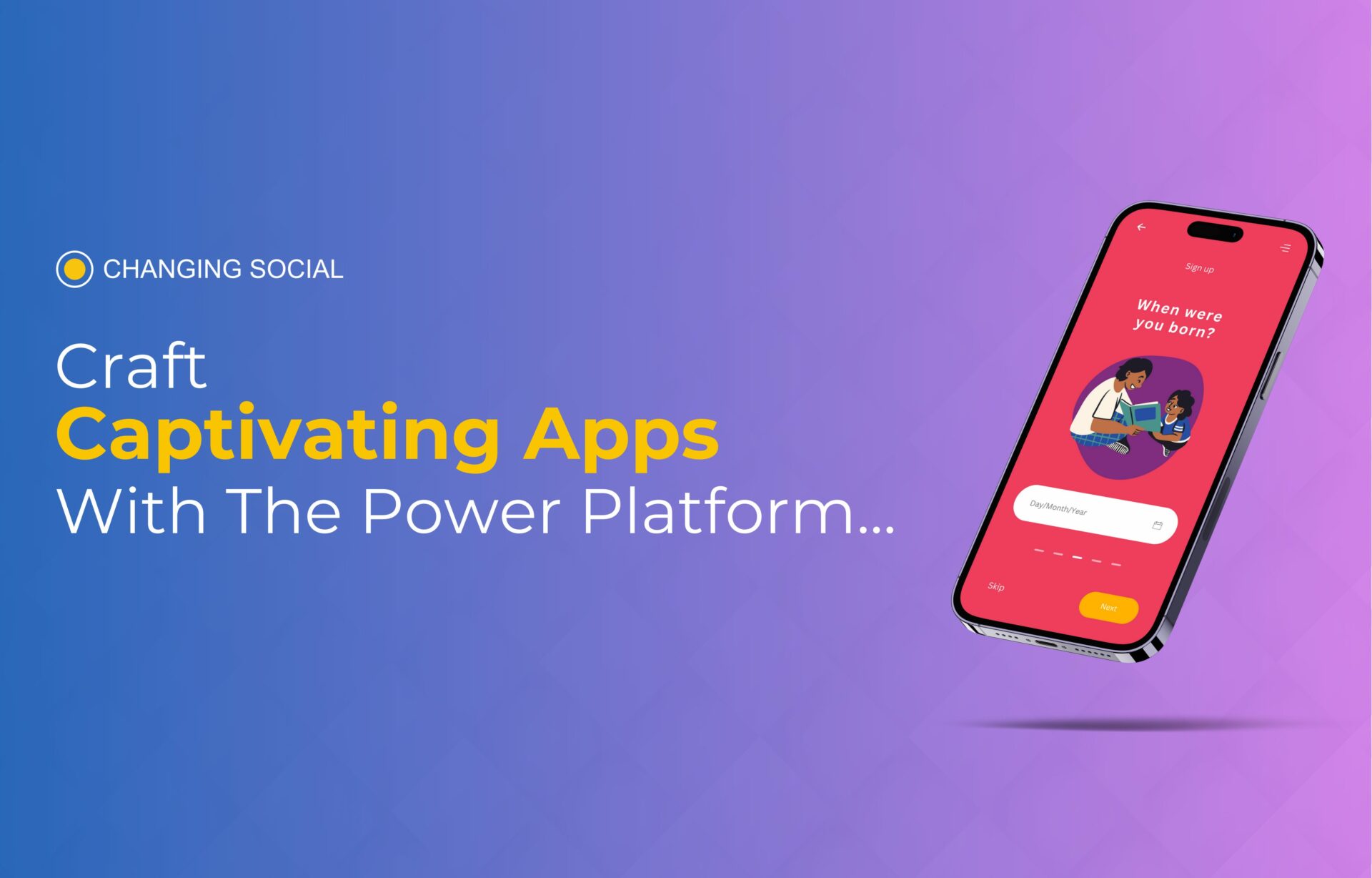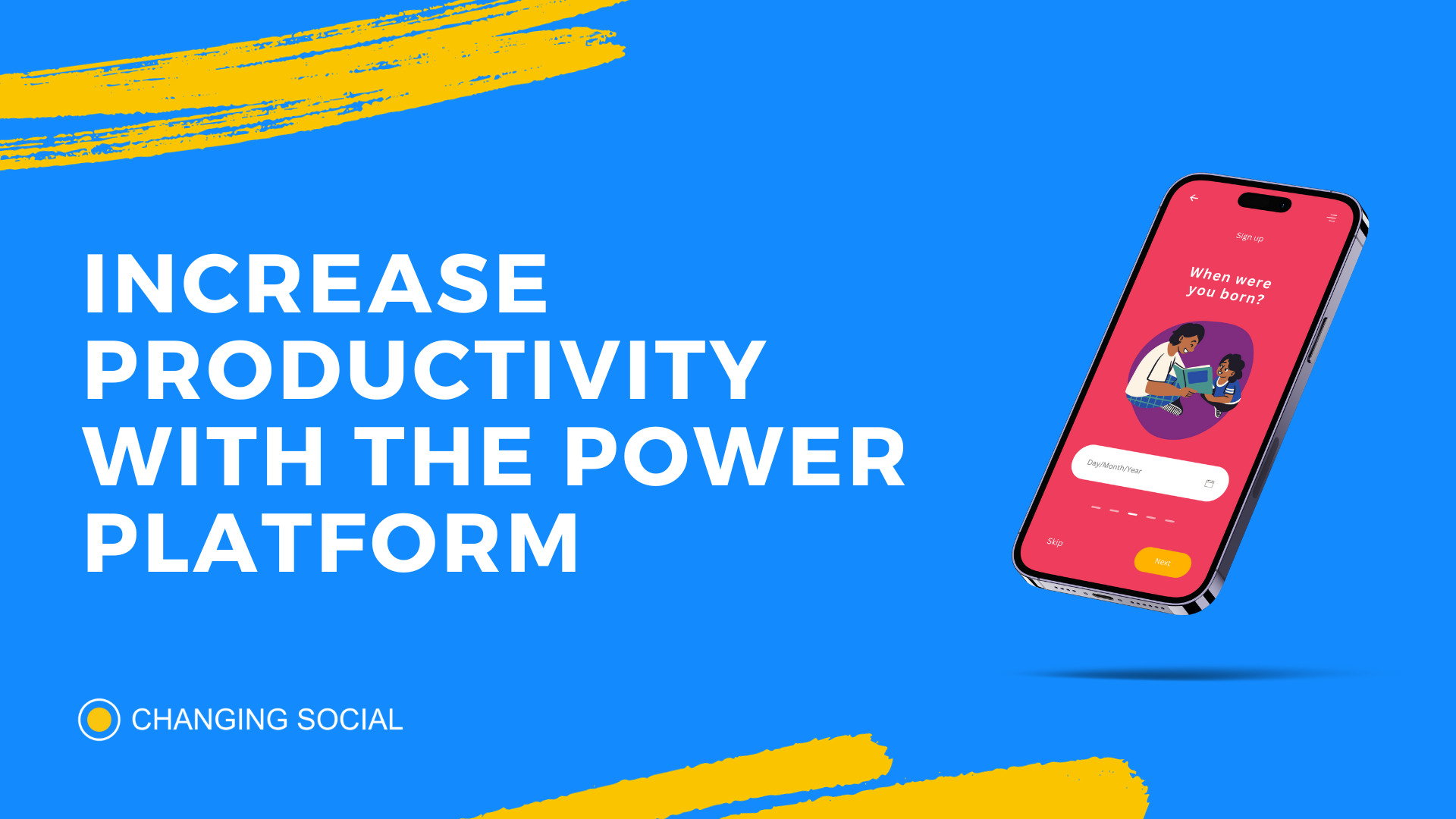Mastering the RemoteIoT platform is an invaluable resource for anyone eager to tap into the transformative power of the Internet of Things (IoT) for personal or professional projects. Designed as a robust and adaptable solution, RemoteIoT simplifies IoT device management, data collection, and automation, catering to both beginners and seasoned developers. This article will take you on a journey through everything you need to know about RemoteIoT, from its foundational features to practical implementation strategies.
As IoT continues to reshape industries such as healthcare, agriculture, manufacturing, and smart homes, having access to a dependable platform like RemoteIoT is essential. Beyond ensuring seamless connectivity, it provides sophisticated tools for monitoring, analytics, and security. By the conclusion of this guide, you will possess a thorough understanding of how to harness RemoteIoT to optimize your IoT projects and unlock their full potential.
This article is structured to walk you through the essential elements of the RemoteIoT platform, encompassing its setup, features, and real-world applications. Additionally, we will offer actionable tips and best practices to help you maximize this powerful tool's capabilities. Whether you're handling a small-scale project or overseeing a large-scale IoT deployment, this tutorial will provide you with the knowledge and skills necessary for success.
Read also:Why Fry99com Is Your Ultimate Shopping Destination
Outline of Topics
Overview of RemoteIoT
RemoteIoT stands out as a state-of-the-art platform designed to streamline the management of IoT devices and networks. It offers users a centralized interface to monitor, control, and analyze IoT devices from any location globally. Tailored to meet the needs of diverse industries, including smart cities, agriculture, healthcare, and industrial automation, RemoteIoT serves as a flexible and reliable solution for both hobbyists and professionals.
A key advantage of RemoteIoT is its adaptability, supporting a wide array of devices and communication protocols. Whether you're dealing with sensors, actuators, or smart home technologies, RemoteIoT ensures effortless connectivity and compatibility. This adaptability makes it an excellent choice for projects ranging from modest beginnings to expansive IoT implementations.
Why Opt for RemoteIoT?
- Scalable architecture capable of accommodating expanding IoT ecosystems.
- Real-time monitoring and analytics for generating actionable insights.
- Comprehensive security features to safeguard sensitive information.
- User-friendly interface for enhanced usability.
- Seamless integration capabilities with third-party applications and services.
Notable Features of RemoteIoT
RemoteIoT boasts a multitude of features that position it as a premier choice for IoT management. Below, we delve into some of its most distinguishing features that set it apart from competitors in the market.
Device Connectivity and Administration
RemoteIoT supports an extensive range of IoT devices, ensuring compatibility with various hardware and communication protocols. Whether you're utilizing Zigbee, Z-Wave, MQTT, or HTTP, the platform facilitates effortless integration. Furthermore, it empowers users to remotely manage devices, update firmware, and address issues without requiring physical access.
Data Acquisition and Representation
Data forms the cornerstone of any IoT endeavor, and RemoteIoT excels in this domain. The platform gathers data from interconnected devices and presents it on an intuitive dashboard. Users can craft custom visualizations, produce reports, and establish alerts to remain informed about crucial events.
Automation and Workflow Optimization
Automation plays a pivotal role in IoT, and RemoteIoT delivers potent tools to refine workflows. Users can devise custom automation rules to trigger actions contingent upon specific conditions. For instance, you could configure a rule to activate a smart light upon detecting movement through a motion sensor.
Read also:Exploring The Vibrant World Of Kannada Cinema In 2025
Onboarding with RemoteIoT
Initiating your journey with RemoteIoT is a straightforward process. In this section, we will guide you through the preliminary setup and configuration steps to ensure a seamless onboarding experience.
Step 1: Establishing an Account
To commence, navigate to the RemoteIoT website and register for an account. The registration process is uncomplicated, requiring fundamental details such as your name, email address, and password. Upon account creation, you will receive a confirmation email to verify your email address.
Step 2: Incorporating Devices
After logging in, proceed to the "Devices" section and select "Add Device." You will be prompted to input details like the device name, type, and protocol. RemoteIoT furnishes a list of supported devices and protocols to simplify the process.
Step 3: Configuring Settings
Once your devices are incorporated, you can adjust their settings to align with your requirements. This encompasses establishing data collection intervals, defining automation rules, and customizing dashboards. RemoteIoT's user-friendly interface ensures managing these settings is accessible, even without advanced technical expertise.
Managing Devices on RemoteIoT
Efficient device management is indispensable for maintaining a dependable IoT ecosystem. RemoteIoT equips users with a comprehensive suite of tools to facilitate effective device management.
Real-Time Surveillance
A hallmark feature of RemoteIoT is its capacity for real-time monitoring. Users can track device statuses, observe live data streams, and identify potential issues before they escalate. This proactive approach minimizes downtime and ensures peak performance.
Firmware Upgrades
Maintaining updated firmware is crucial for both security and functionality. RemoteIoT empowers users to remotely update firmware for connected devices, ensuring they operate with the latest software versions. This feature is particularly advantageous for large-scale deployments where manual updates would be impractical.
Data Management and Insights
Data constitutes the backbone of any IoT project, and RemoteIoT shines in this area. The platform provides robust tools for collecting, analyzing, and visualizing data from interconnected devices.
Data Acquisition
RemoteIoT gathers data from devices at predetermined intervals and stores it securely in a cloud environment. Users can access this data via the platform's dashboard, where it is presented in an easy-to-comprehend format.
Analytical Tools and Insights
The platform offers advanced analytical tools to assist users in deriving meaningful insights from their data. Features such as trend analysis, anomaly detection, and predictive modeling empower users to make informed decisions and optimize their IoT projects.
Security and Privacy Considerations
Security is paramount for RemoteIoT, and the platform integrates several measures to safeguard user data and devices.
Data Encryption
All data transmitted between devices and the RemoteIoT platform undergoes encryption using industry-standard protocols. This ensures that sensitive information remains secure and inaccessible to unauthorized entities.
User Authentication Mechanisms
RemoteIoT employs robust user authentication systems, including two-factor authentication (2FA), to deter unauthorized access. Users can also establish role-based access controls to restrict access to sensitive features and data.
Automation and Integration Opportunities
Automation is a cornerstone of IoT, and RemoteIoT delivers potent tools to streamline workflows and integrate with third-party applications.
Automation Protocols
Users can craft custom automation protocols to trigger actions based on specific conditions. For instance, you could configure a rule to send an alert when a temperature sensor surpasses a predefined threshold.
Third-Party Integrations
RemoteIoT supports integration with popular third-party applications and services, such as AWS IoT, Microsoft Azure, and Google Cloud. This enables users to expand the platform's functionality and leverage additional tools for data analysis and visualization.
Industry-Specific Use Cases
RemoteIoT finds application across various industries to address real-world challenges and enhance efficiency. Below are examples of how the platform is utilized in different sectors.
Smart Agriculture
In agriculture, RemoteIoT is employed to monitor soil moisture levels, temperature, and humidity. This data aids farmers in optimizing irrigation schedules and boosting crop yields.
Healthcare
In healthcare, RemoteIoT is used to monitor patient vital signs, track medication schedules, and manage medical equipment. This ensures timely interventions and enhances patient outcomes.
Recommended Practices for RemoteIoT
To maximize the benefits of RemoteIoT, adhering to best practices for setup, management, and security is crucial. Below are some tips to help you fully leverage the platform's potential.
Consistent Updates
Ensure that your devices and the RemoteIoT platform are consistently updated to avail yourself of the latest features and security patches.
Data Backup Procedures
Regularly back up your data to prevent loss in the event of hardware failure or other issues.
Final Thoughts
RemoteIoT is a formidable platform that simplifies IoT device management and empowers users to unlock the full potential of their IoT projects. By following this guide, you should now possess a comprehensive understanding of how to set up, manage, and optimize your IoT ecosystem using RemoteIoT. Whether you're embarking on a small-scale project or overseeing a large-scale deployment, this platform provides the tools and features necessary for success.
We encourage you to delve deeper into the platform and experiment with its features to uncover new possibilities. If you encounter any questions or require assistance, feel free to leave a comment or reach out to the RemoteIoT support team. Don't hesitate to share this article with others who may find it beneficial and explore additional tutorials on our site!

